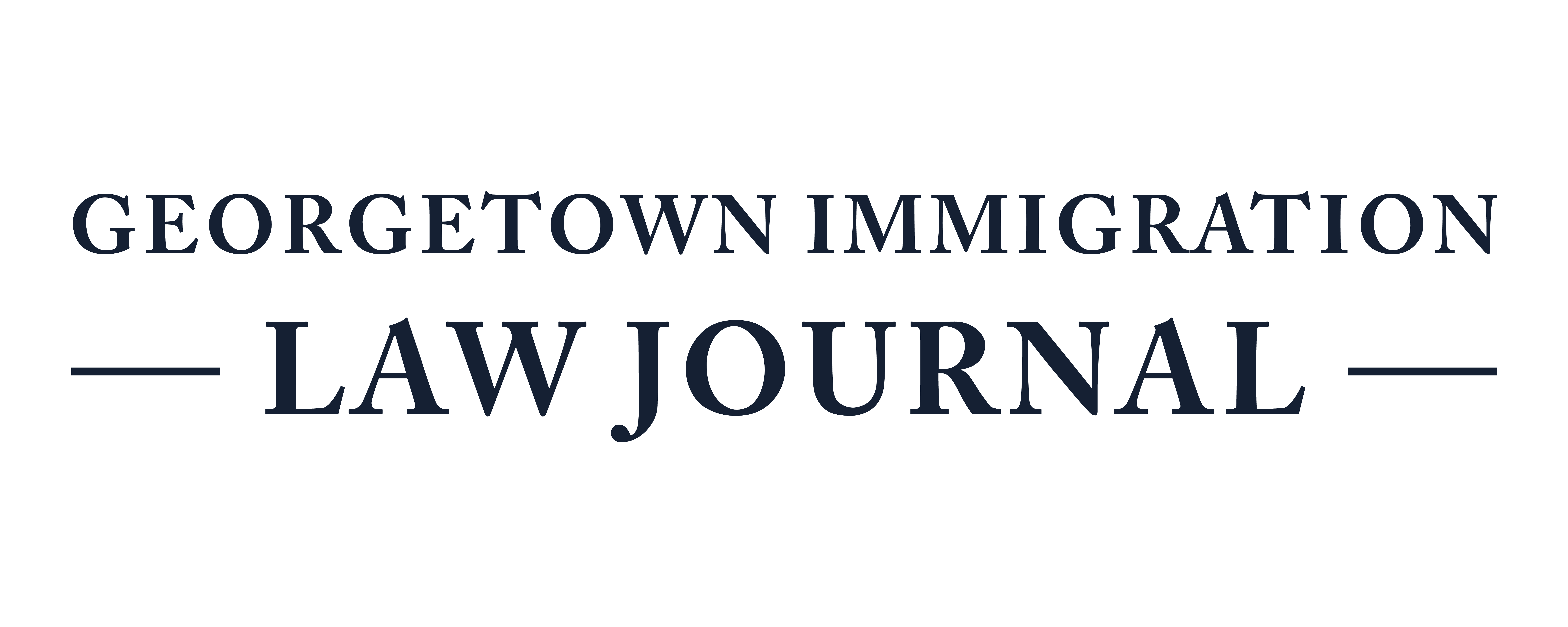The Undocumented Workers' Dilemma: Improving Workplace Rights for Undocumented Workers Through Labor Arbitration and Collective Bargaining
Over the past five years, undocumented individuals represented over 8 million of the 123 million workers in the United States. As members of the workforce, undocumented workers historically work for lower wages and in subpar working conditions that do not satisfy our nation’s workplace requirements. These inequalities stem from mismatched incentives created by judicial interpretations of labor and immigration statutes. These statutes, in turn, create a prisoner’s dilemma for the undocumented worker. Undocumented workers may choose to either address their grievances and face employer retaliation, discharge and even deportation, or continue to work in subpar conditions. Problematically, undocumented worker’s willingness to work in these conditions for little pay directly decreases their documented counterparts’ level of pay and workplace treatment. It is unlikely that the federal judiciary or legislator will address the rights of undocumented workers and the broader effect this issue has on the national workforce.
For the last half-century, collective bargaining agreements between employers and unions have served as the bedrock of workplace rights. The use of collective bargaining and labor arbitration, a judicially-acknowledged right of undocumented workers,7 provides a gateway through which these workers can receive the necessary workplace protections not available to them in America’s judicial and legislative frameworks. This Note will argue that labor arbitration and union efforts to implement immigrant-protective provisions in collective bargaining agreements can improve workplace rights for undocumented and documented workers alike. This note further argues that such implementation will lead to better compliance with national immigration policy.
Part I of this note sets forth the current labor arbitration framework in collective bargaining agreements, and explores the effects of that framework on undocumented workers. Part II analyzes the conflicting judicial interpretations between immigration and labor policies. Part III discusses common themes in labor arbitration with respect to immigration concerns. Part IV proposes recommendations on how to work with and improve the current labor arbitration framework to protect workers’ rights and properly incentivize compliance with U.S. immigration policies.
Keep Reading The Undocumented Workers’ Dilemma
Subscribe to GILJ
